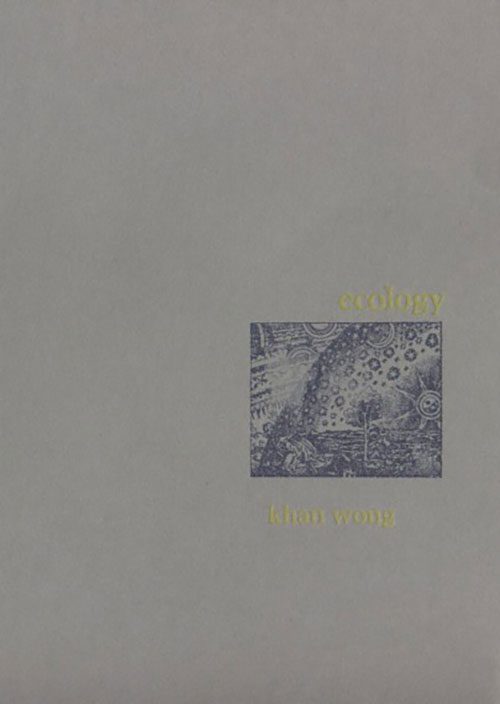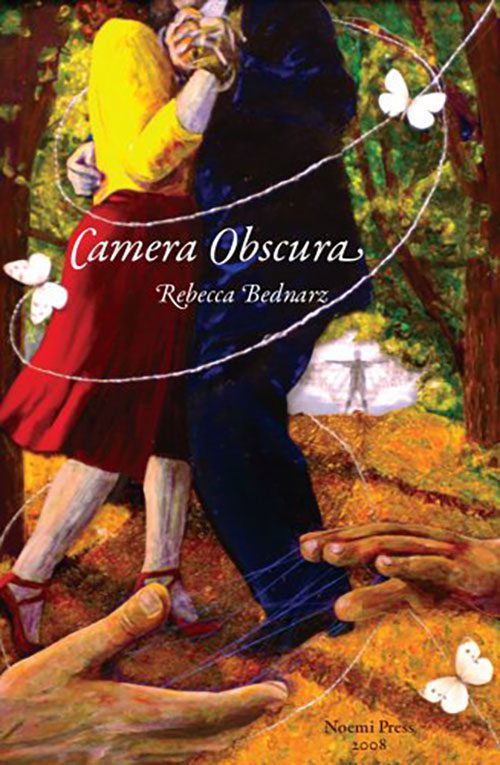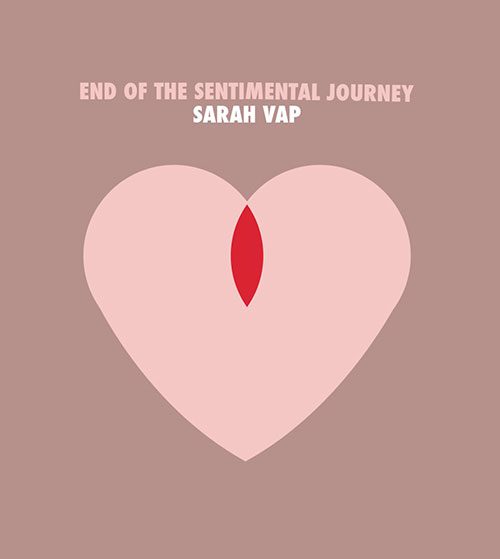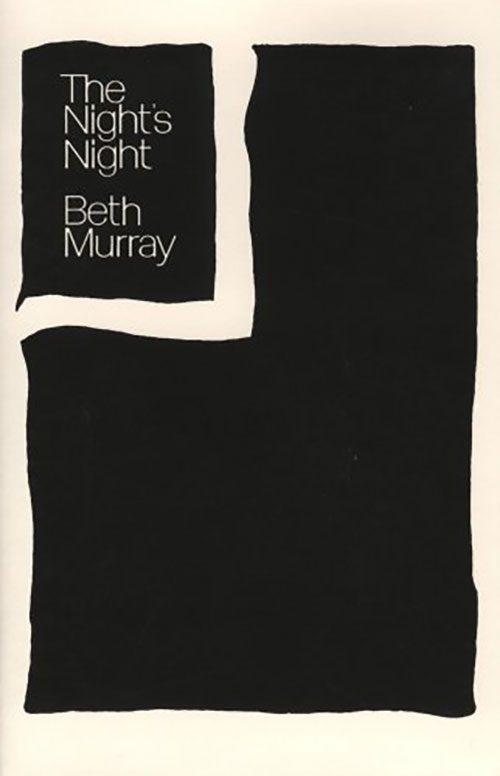Lost Privilege Company or the book of listening
by Blunt Research Group
$10.00
Synopsis
Lost Privilege Company, or the book of listening documents a public secret through poetic assemblages, offering direct testimony from the first youth prison in California. Activating what poet Susan Howe calls “the telepathy of the archive,” these poems build portraits of individuals at once denied work and subjected to its punishing routine. By converting the procedures of appropriation and sampling into a poetics of close listening, Lost Privilege Company operates at the crossroads of lyric and documentary poetries, of singularity and collectivism.
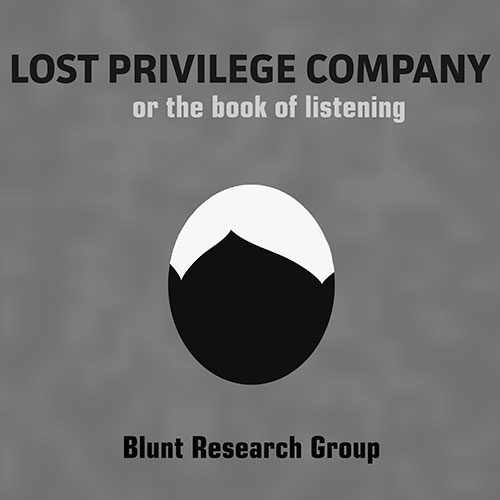
Blurbs
I am exceptionally grateful for the Blunt Research Group’s project Lost Privilege Company, or the book of listening. By retrieving the voices of these silenced children and placing them back into their beautiful poetic constellations, they have allowed the children to begin to speak again. And speak they do. “My father cried but the judge/the judge would not notice him,” Arthur writes. “Sleeping at night in a little shack/among the mesquit trees/working for eats,” writes Javier. One of the questions the collaborative posits is “Listening and being voiceless often go hand in hand, but could speech become a way of listening?” This important collection and the inclusion of both voices, the children held captive and their wardens, begins to unravel this question, illuminating the possibilities of bringing silence back to life.
Cynthia Cruz
